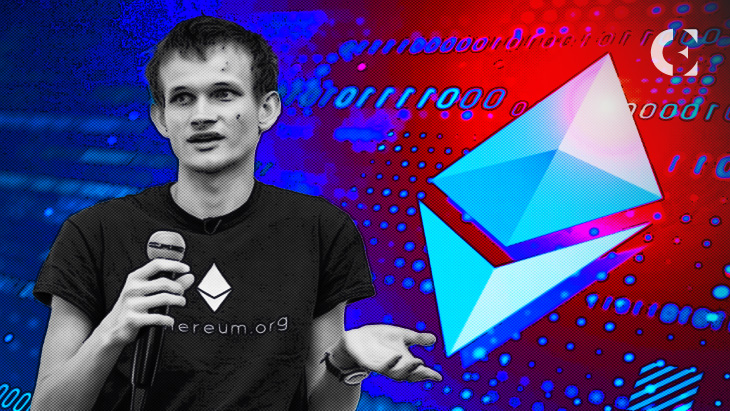- Vitalik Buterin supports cross-chain cooperation in Ethereum, particularly for Layer 2 (L2) networks.
- Optimism introduces the ICrosschainERC20 interface for better interoperability between L2s.
- Buterin emphasizes the need for wallet-level standardization and native interoperability for rare ERC20s and NFTs.
Ethereum co-founder Vitalik Buterin weighed in on an ongoing discussion about cross-chain compatibility in the Ethereum ecosystem. His comments came in response to a new technical update shared on Optimism’s GitHub, which introduced the ICrosschainERC20 interface, designed to enable better interoperability between different Layer 2 (L2) networks.
This update aimed to improve the user experience by enabling neutral minting and burning functions thereby simplifying asset transfers between L2s. The development is part of a broader effort to unify Ethereum infrastructure across various chains.
Buterin expressed optimism about the level of cooperation within the Ethereum community, stating, “I think people are sleeping on just how much Ethereum infrastructure players really are willing to cooperate and build a unified Ethereum ecosystem.”
This cross-chain neutrality is particularly relevant for assets like ERC20 tokens, which are widely used across the Ethereum ecosystem. Buterin’s comment reflects his long-standing belief in the importance of simplifying transactions and enhancing user experience across Ethereum’s many layers.
Read also: Vitalik Buterin Proposes New Approach to Ethereum Alignment
Is L2 Cooperation Truly Necessary?
However, the conversation soon turned to whether such cooperation among L2 players is truly necessary. An X user questioned the need for this level of cooperation, suggesting that newer intent-driven protocols, which rely on relayers and fillers, demonstrate that abstracted unification can occur without direct collaboration between L2 networks.
Buterin acknowledged the validity of this point but drew an important distinction. He agreed that for popular ERC20 tokens, liquidity provider-based solutions are sufficient: “For popular ERC20s, liquidity provider-based approaches are fine.”
However, he stressed that wallet-level standardization is crucial to address chain-specific addresses and payment requests across different networks. Buterin added that for rare ERC20 tokens and NFTs, more direct, fast native interoperability will be essential in the future to ensure efficiency and user-friendliness.
Disclaimer: The information presented in this article is for informational and educational purposes only. The article does not constitute financial advice or advice of any kind. Coin Edition is not responsible for any losses incurred as a result of the utilization of content, products, or services mentioned. Readers are advised to exercise caution before taking any action related to the company.







